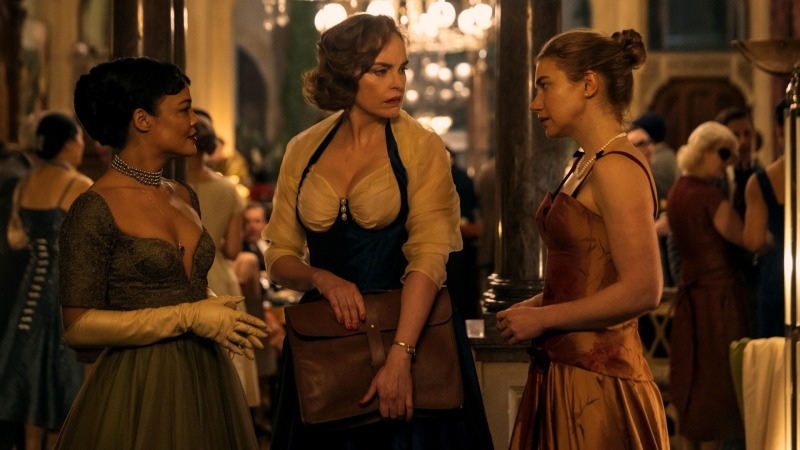Tessa Thompson Shines As a New Hedda

Nia DaCosta dispenses with several stage-to-film problems straight away with Hedda, mostly noticeably a feeling of constriction. Writing and directing a movie adaptation of Henrik Ibsen’s 1891 play Hedda Gabler, DaCosta feels at once freer and more locked-in than she did on her most recent adaptations, of Candyman (the 2021 sorta-remake) and Marvel superheroes (in The Marvels, an unfairly ill-regarded superhero bomb from 2023, which, among several virtues, had the good sense to foreground its actors’ charm and stay light on its feet while doing so). What might have been a stultifying assignment becomes maybe her most rigorous and technically assured film so far – though not every literary-movie pitfall is ultimately avoidable in the film’s translation from late 19th century Norway to mid-20th England.
-

-

-

-

-

-

-

-

-

-

-

-

-

-

-

-

-

-

-

-

-

-

-

-

-

-

-

-

-

-

-

-

-

-

-

-

-

-

-

-








































